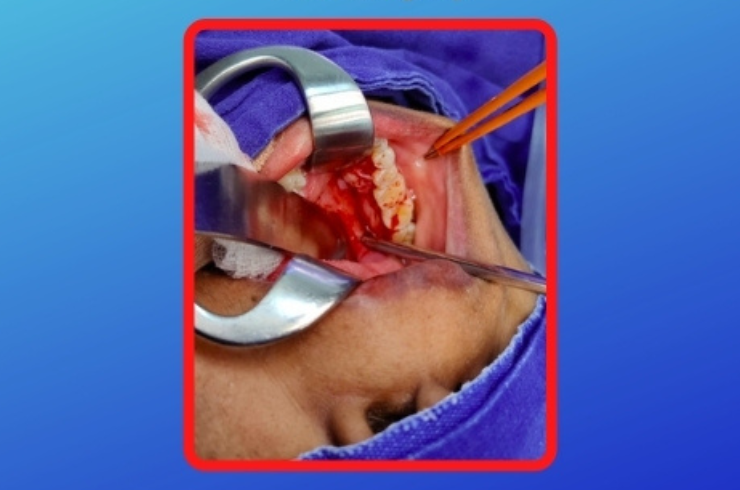
Oral cavity tumors are abnormal growths that develop in the tissues of the mouth, including the lips, tongue, cheeks, palate, gums, and floor of the mouth. These tumors can be either benign (non-cancerous) or malignant (cancerous). At Asian ENT Care Centre, Hyderabad, we provide expert diagnosis, treatment, and care for patients with oral cavity tumors, offering advanced solutions to manage and treat these conditions effectively.
The exact cause of oral cavity tumors is not always known, but several factors can increase the risk:
Early diagnosis is crucial for successful treatment. To diagnose an oral cavity tumor, the following methods may be used:
Treatment for oral cavity tumors depends on the type, location, and stage of the tumor. Options include:
Surgery:
Radiation Therapy:
Chemotherapy:
Targeted Therapy:
Immunotherapy:
If you suspect you have an oral cavity tumor or are experiencing any symptoms such as persistent sores, difficulty swallowing, or lumps in the neck, schedule a consultation with our ENT specialists at Asian ENT Care Centre in Hyderabad. Early diagnosis and treatment can significantly improve the prognosis and quality of life.
Schedule your consultation today and start your journey to better health!